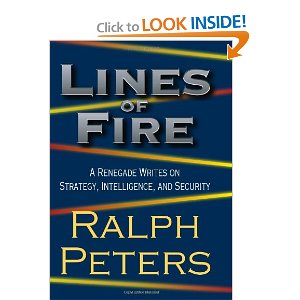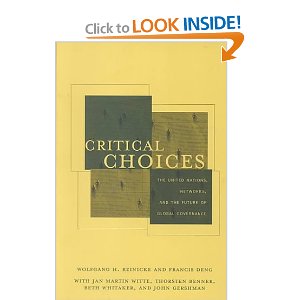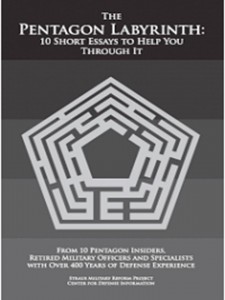
Ralph Peters
5.0 out of 5 stars Six Star Epilogue, the Capstone Work, September 26, 2011
I have been a fan of Ralph Peters for over fifteen years now, going back to the early 1990's when the US Marine Corps was trying to get the Secretary of Defense (then Dick Cheney) to focus on most likely vice worst case threats. Having been the senior civilian responsible for creating the Marine Corps Intelligence Center, and the Study Director for the flagship study, Planning and Programming Factors for Expeditionary Operations in the Third World, I recognized both his deep integrity and his broad intelligence, both so uncharacteristic of the near-venal to all-banal US secret intelligence community that I had served since 1976.
This is his capstone work. Below are a few of his most notable recent works, there are many others, and I also recommend his Owen Parry series on the Civil War. If you only get one book by Ralph Peters, this is the one to buy.
Endless War: Middle-Eastern Islam vs. Western Civilization
Wars of Blood and Faith: The Conflicts That Will Shape the Twenty-First Century
Never Quit the Fight
Fighting for the Future: Will America Triumph?
2012 in my view is a turning point year for America, and I pray that it is the year that citizens with integrity kick politicians without integrity (all of them) out of office and get a clean sheet fresh start in recreating a government of, by, and for We the People instead of what we have now, what Matt Taibbi describes so well in Griftopia: A Story of Bankers, Politicians, and the Most Audacious Power Grab in American History, “a highly complicated merger of crime and policy, of stealing and government.”
Continue reading “Review: Lines of Fire – A Renegade Writes on Strategy, Intelligence, and Security”







